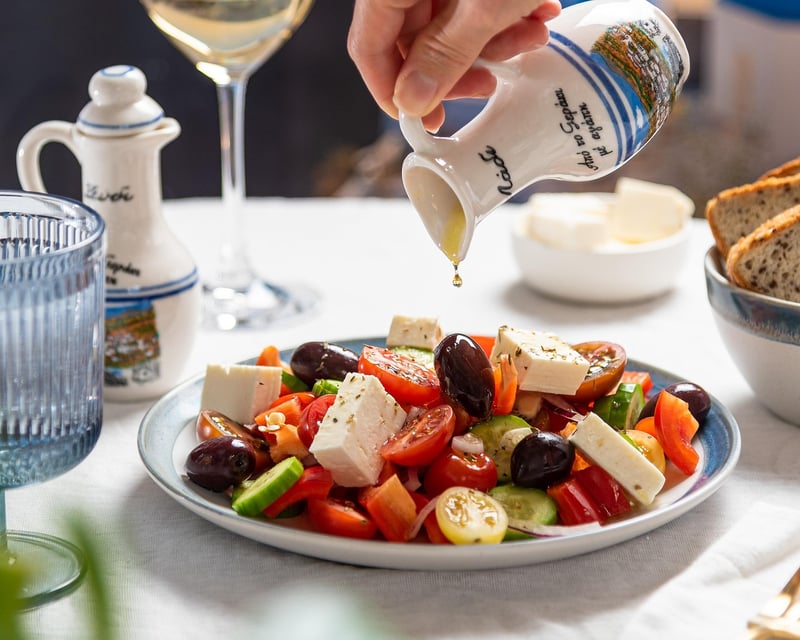Ingredient Substitutions
Enhance Your Culinary Skills with Creative Ingredient Substitutions
Are you looking to elevate your cooking game and experiment with new flavors in the kitchen? One of the best ways to enhance your culinary skills is by mastering ingredient substitutions. Knowing how to swap out ingredients can not only save your dish in a pinch but also open up a world of creative culinary possibilities. Let's dive into some essential ingredient substitutions that will help you become a more versatile and confident chef.
1. Butter Alternatives
For a healthier option or if you're running low on butter, consider using alternatives like coconut oil, olive oil, or even mashed avocado in your baking recipes. Each of these substitutions brings its unique flavor profile and can add a delicious twist to your dishes.
2. Egg Replacements
Vegans and those with egg allergies can rejoice with the abundance of egg replacements available. Try using ingredients like mashed bananas, applesauce, or flaxseed meal mixed with water to replace eggs in your recipes. These substitutes work well in baked goods and can add moisture and richness to your dishes.
3. Spice Substitutions
Don't have a specific spice on hand? No problem! Get creative with your spice rack and try substituting similar spices. For example, if a recipe calls for cumin but you're out, consider using chili powder or smoked paprika for a different flavor profile. Experimenting with spice substitutions can lead to exciting new taste combinations.
4. Flour Options
Explore the world of alternative flours to add depth and complexity to your baking. Swap out traditional all-purpose flour with options like almond flour, coconut flour, or even chickpea flour for a gluten-free and nutrient-rich twist. Each flour brings its unique texture and flavor, allowing you to customize your recipes to suit your preferences.
5. Dairy-Free Milk
Whether you're lactose intolerant or looking to cut back on dairy, there are plenty of dairy-free milk options to choose from. Experiment with almond milk, coconut milk, oat milk, or soy milk as substitutes in recipes that call for cow's milk. Each type of milk imparts its distinct flavor, so feel free to mix and match based on your taste preferences.
By mastering ingredient substitutions, you can enhance your culinary skills, adapt to dietary restrictions, and infuse new life into your cooking. Don't be afraid to get creative in the kitchen and explore different flavor combinations. Happy cooking!

For more culinary inspiration and tips, check out Food Network.
